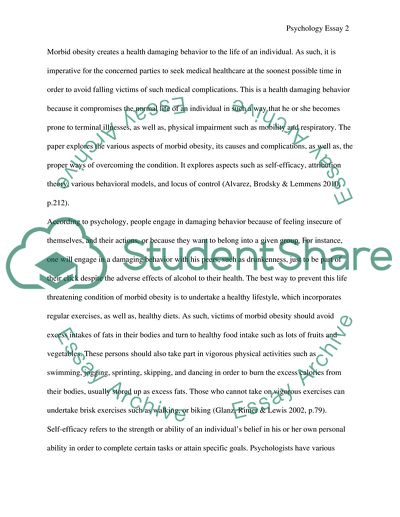Cite this document
(“What Is Psychology, Why It Is Important In Health And Social Care Essay”, n.d.)
Retrieved from https://studentshare.org/psychology/1632405-what-is-psychology-why-it-is-important-in-health-and-social-care
Retrieved from https://studentshare.org/psychology/1632405-what-is-psychology-why-it-is-important-in-health-and-social-care
(What Is Psychology, Why It Is Important In Health And Social Care Essay)
https://studentshare.org/psychology/1632405-what-is-psychology-why-it-is-important-in-health-and-social-care.
https://studentshare.org/psychology/1632405-what-is-psychology-why-it-is-important-in-health-and-social-care.
“What Is Psychology, Why It Is Important In Health And Social Care Essay”, n.d. https://studentshare.org/psychology/1632405-what-is-psychology-why-it-is-important-in-health-and-social-care.


